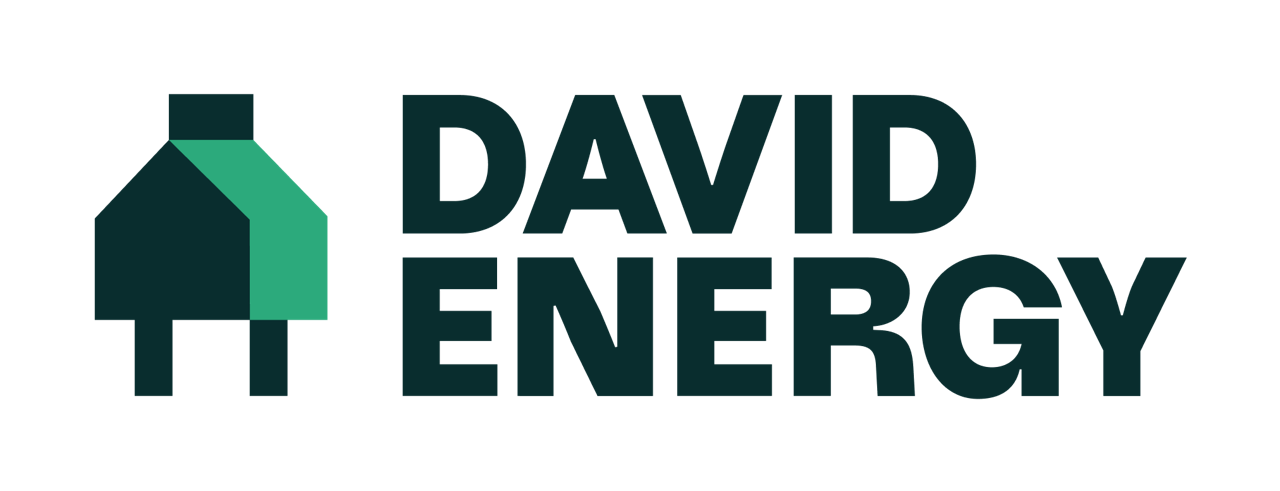What's Consumption?
Energy consumption refers to the amount of energy used or consumed by a household, building, industry, or entire country over a specific period of time. This consumption is typically measured in units such as kilowatt-hours (kWh) for electricity, British thermal units (BTUs) for natural gas, or gallons of gasoline for transportation fuels.
Energy consumption occurs across various sectors and for different purposes, including:
Residential: Energy is used in homes for heating, cooling, lighting, cooking, and powering appliances and electronics.
Commercial: Businesses and commercial establishments consume energy for lighting, heating, cooling, operating equipment and machinery, and running computers and other office equipment.
Industrial: Energy is a critical input for manufacturing processes, powering machinery, heating and cooling industrial facilities, and providing steam for industrial operations.
Transportation: Energy is consumed in the form of gasoline, diesel, jet fuel, and electricity to power vehicles, airplanes, trains, ships, and other modes of transportation.
Energy consumption is influenced by various factors, including population growth, economic activity, technological advancements, weather conditions, energy prices, and government policies. Efforts to reduce energy consumption often focus on improving energy efficiency, promoting the use of renewable energy sources, implementing conservation measures, and adopting energy-saving technologies and practices.
Monitoring and managing energy consumption are essential for ensuring energy security, reducing greenhouse gas emissions, mitigating climate change, and promoting sustainable development. By understanding how and where energy is being consumed, individuals, businesses, and policymakers can identify opportunities to optimize energy use, reduce costs, and minimize environmental impacts.
